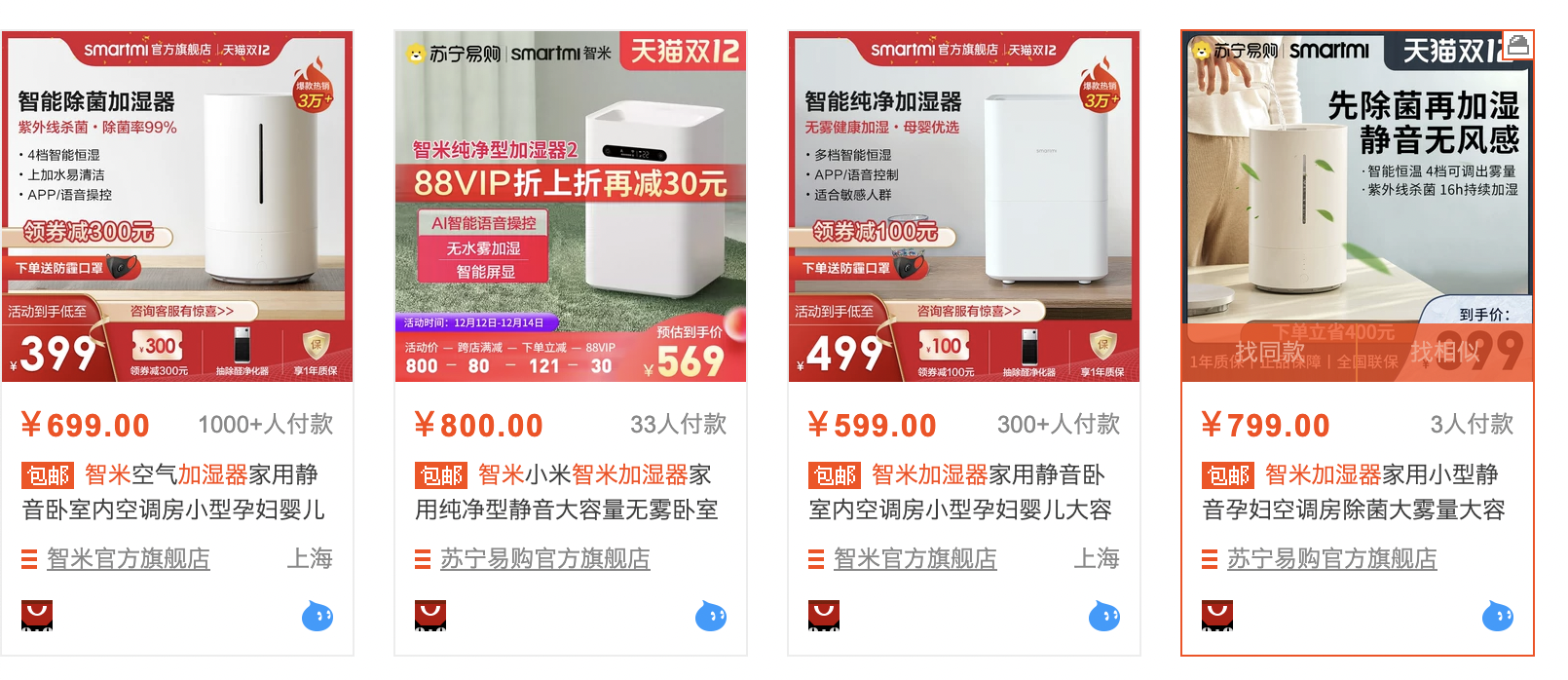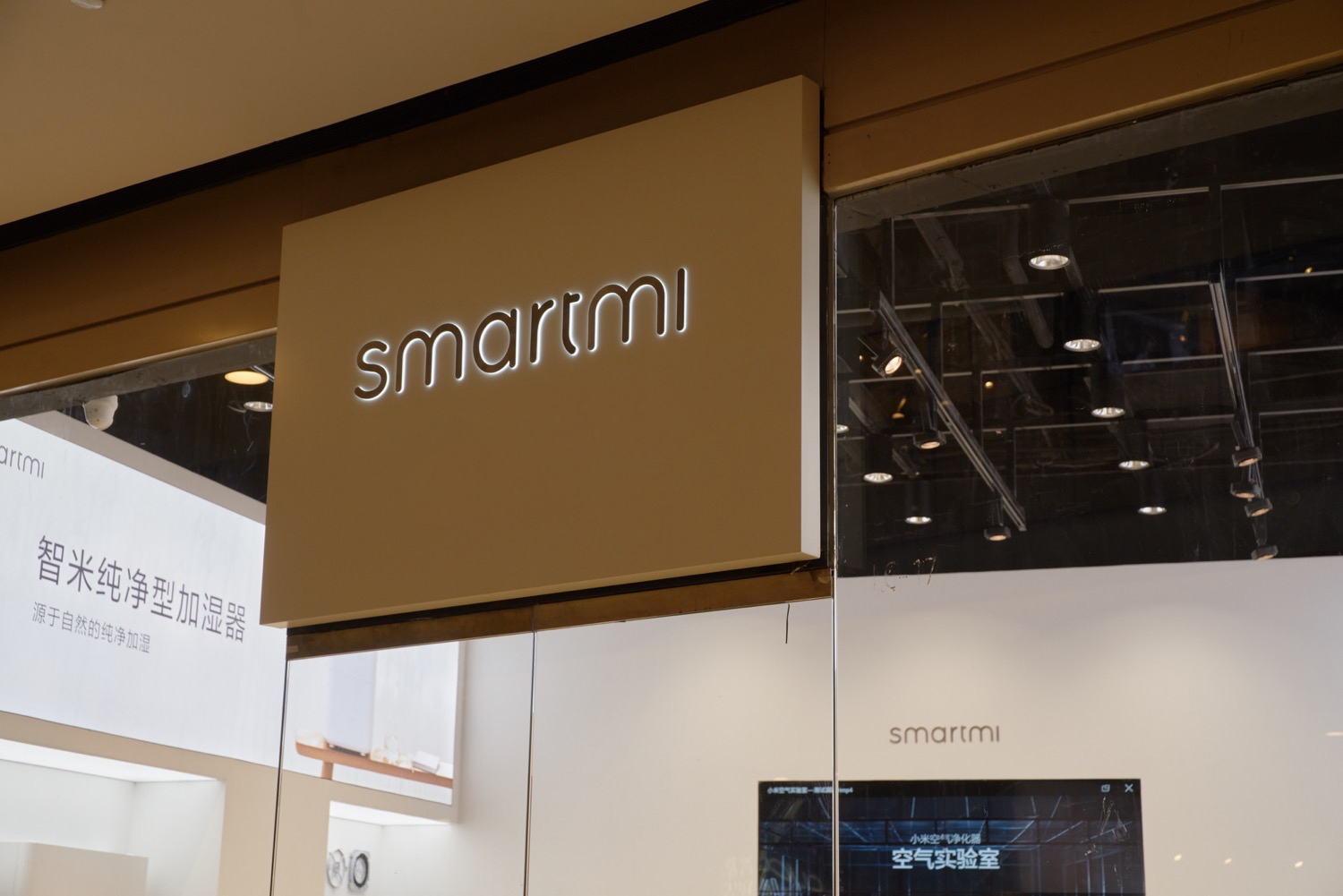According to 36Kr, multiple insiders revealed that Xiaomi’s eco-chain company, Zhimi Technology, has joined the ranks of car manufacturing. Ma Yongdong, former head of General Motors’ Pan Asia Electric Vehicle project, has joined and will be responsible for Zhimi’s complete vehicle business. Additionally, many of Beijing Automotive’s electronic and electrical architecture personnel have also recently joined Zhimi.
This suggests that Zhimi Technology’s intention to manufacture cars is evident as automotive design companies have already approached Zhimi to collaborate on vehicle design work.
Furthermore, Zhimi Technology’s car manufacturing business currently operates independently of Xiaomi Auto, and there is no apparent support from Xiaomi’s administrative system for Zhimi Technology. Zhimi’s direction is also focused on passenger cars, but unlike Xiaomi, Zhimi’s first model will be an SUV.
Zhimi Technology was established in 2014, and its legal representative and CEO is Zhimi Technology founder Su Jun. It is a Xiaomi eco-chain company that mainly focuses on air purifiers, air conditioners, and other products. It is well-known for designing and manufacturing the Xiaomi air purifier series.
In October 2019, Zhimi Technology was ranked No. 264 on the “2019 Hurun Global Unicorn List” with a valuation of 7 billion yuan.
On November 15, 2019, the Hurun Research Institute released the “Shimao Strait·2019 Q3 Hurun Greater China Unicorn Index,” and Zhimi Technology was valued at 7 billion RMB.
On August 4, 2020, Zhimi was ranked second on the 2020 China’s Top 50 Innovative Enterprises list.
Unlike other Xiaomi eco-chain companies, Zhimi Technology is a subsidiary of Xiaomi and has little equity investment from Xiaomi. According to tianyancha, Xiaomi co-founder Liu De holds over 90% of the shares of Beijing Zhimi, giving him actual control. Liu De is the initiator of Xiaomi’s eco-chain and often holds shares in Xiaomi’s eco-chain companies on behalf of Xiaomi.
In March of this year, Xiaomi announced plans to manufacture cars and spend 100 billion US dollars in the next ten years, investing 10 billion yuan initially. In September, Xiaomi Auto’s entity company was formally established, and the team’s staff expanded rapidly. As of now, there are over 500 team members in Xiaomi Auto, and the R&D center is located in Beijing, Shanghai, and Wuhan.
Some industry insiders have stated that “after Xiaomi announced its car manufacturing plans, it attracted abundant resources and multi-line layout of car manufacturing, which may balance various demands and also promote internal competition, speeding up the pace of car manufacturing.” Perhaps this is the fundamental reason why Xiaomi has chosen to operate on two fronts.Apart from Xiaomi, traditional automakers such as Geely Group and SAIC Group have also chosen to fight on multiple fronts when entering the new energy field. Taking Geely Group as an example, it uses multiple brands – Polestar, Lynk & Co. PHEV, Geometry, and Geely itself – to target different market segments, with Polestar and Lynk & Co. PHEV focusing on the mid- to high-end market, Geometry and Geely positioning themselves in the mid- to low-end market, and Lotus responsible for sports cars, while Jidu with its collaboration with Baidu and has yet to mass-produce.
By using multiple brands, “having many children means easy fighting,” and putting “eggs” into different “baskets,” Geely strengthens internal competition in the early stages and later fine-tunes its brands. The challenge of brand management is to find and enhance the differences between brands, and in the current line of smart home appliances, Zhimi’s positioning is clearly higher than that of Xiaomi, perhaps indicating that Xiaomi plans to promote it as a mid- to high-end brand under its own car-making business.
🔗Source: 36Kr

This article is a translation by ChatGPT of a Chinese report from 42HOW. If you have any questions about it, please email bd@42how.com.
